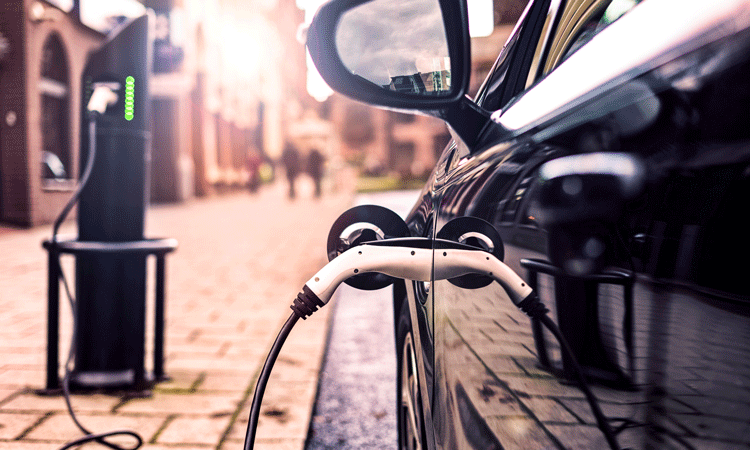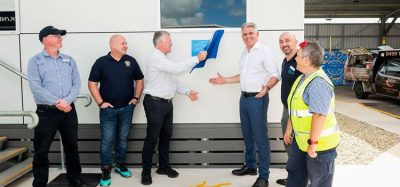WBCSD report outlines actions needed to accelerate EV charging infrastructure deployment
- Like
- Digg
- Del
- Tumblr
- VKontakte
- Buffer
- Love This
- Odnoklassniki
- Meneame
- Blogger
- Amazon
- Yahoo Mail
- Gmail
- AOL
- Newsvine
- HackerNews
- Evernote
- MySpace
- Mail.ru
- Viadeo
- Line
- Comments
- Yummly
- SMS
- Viber
- Telegram
- Subscribe
- Skype
- Facebook Messenger
- Kakao
- LiveJournal
- Yammer
- Edgar
- Fintel
- Mix
- Instapaper
- Copy Link
Posted: 10 November 2021 | Intelligent Transport | No comments yet
A new World Business Council for Sustainable Development report has highlighted key business and policy actions that can improve the case for sustainable EV charging infrastructure implementation.


On 10 November 2021 at COP26, the World Business Council for Sustainable Development (WBCSD) launched a new report outlining the cross-sectoral actions that are needed to accelerate the deployment of efficient electric vehicle (EV) fleets and sustainable charging infrastructure.
Developed in collaboration with Arcadis, Arval BNP Paribas Group, Eaton, EDP, Enel X, Lanxess, Mercedes-Benz AG, Microsoft, National Grid and Nederlandse Spoorwegen, the report helps businesses and policymakers understand where to invest and how to act to bridge the infrastructure gap.
The uptake of EVs is growing globally, but the current deployment pace of sustainable and inclusive charging infrastructure is insufficient to support the expected number of 350 million electric light-duty vehicles on the roads by 2030. To reach the 1.5° goal of the Paris Agreement, there is a need to rapidly increase the speed and scale of investments in charging infrastructure.
The report provides a technology and policy framework for the mobility, energy and real estate sectors to enable conditions for a timely, sustainable and fair transition to 100 per cent electric fleets, acting as a catalyst for EV growth. It highlights nine key business and policy actions at the intersection of these three sectors that can unlock shared value and improve the business case for sustainable infrastructure implementation:
- Address the needs of different EV fleets
- Maximise charging from renewables
- Establish coordinated strategic planning and management
- Incentivise and streamline charging integration
- Encourage deployment of smart grid technologies
- Engage and incentivise flexible consumers
- Agree on data-sharing principles
- Connect transport modes
- Share space and charging infrastructure.
Thomas Deloison, Director of Mobility at WBCSD, said: “We need coordinated action across sectors to find the right financing mechanisms that can support the expansion of charging infrastructure. Unlocking shared value through technology innovation and favourable policy frameworks will be key to accelerate the transformations needed for a net-zero, nature-positive and equitable future.”
The group has called for the rest of the supply chain to join in aligning roadmaps for bridging the investment gap and establishing national coalitions for action.
Related modes
Electric Vehicles (EV)
Related organisations
Arcadis, Arval BNP Paribas Group, Eaton, EDP, Enel X, Lanxess, Mercedes-Benz AG, Microsoft, National Grid, Nederlandse Spoorwegen, The World Business Council for Sustainable Development (WBCSD)
Related people
Thomas Deloison







